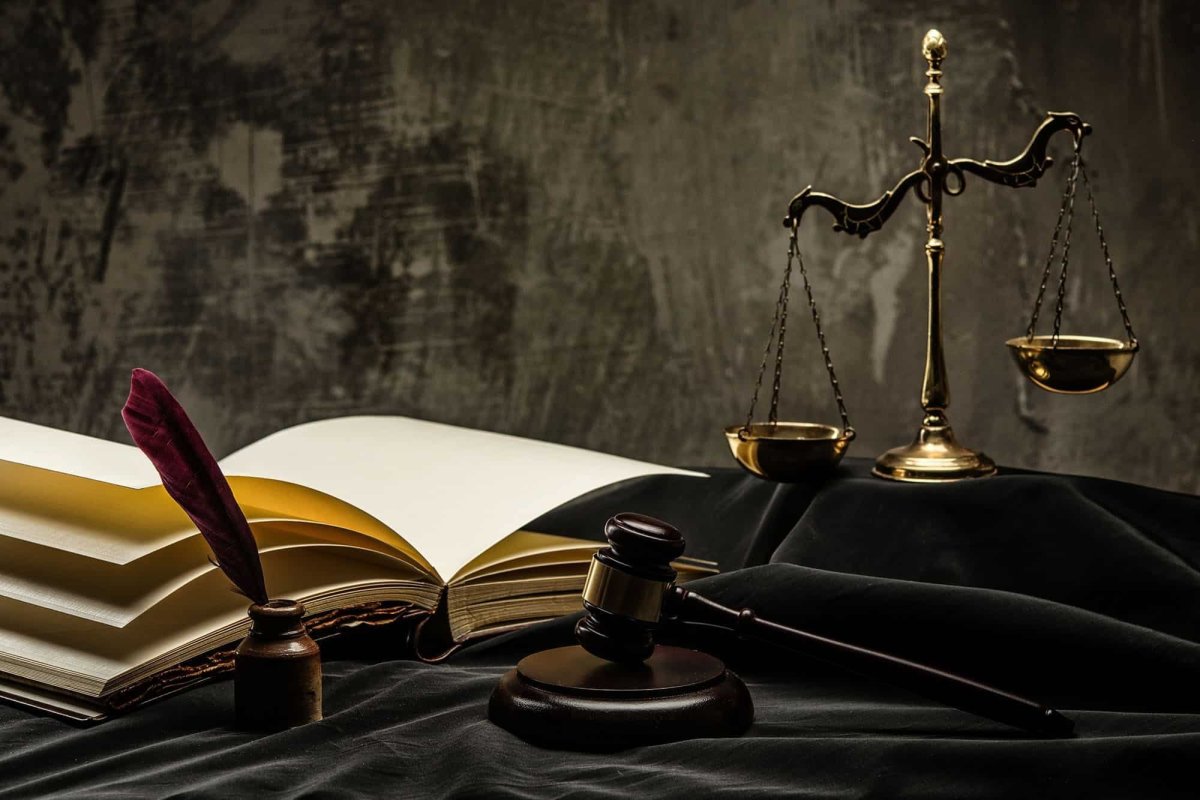Features of Criminal Liability for War Crimes in the Context of the Russian-Ukrainian War
Introduction
War crimes are among the most serious international crimes that violate international humanitarian law. In the context of the Russian-Ukrainian war, the issue of criminal liability for war crimes is of particular relevance. In this article, we will consider the legal aspects and peculiarities of criminal liability for war crimes in Ukraine, in particular in the context of the armed conflict with the Russian Federation.
Definition and Classification of War Crimes
War crimes are defined as serious violations of international humanitarian law that include:
- Killing of civilians.
- Torture and ill-treatment.
- Use of prohibited weapons.
- Attacks on civilian objects such as schools, hospitals, and residential buildings.
- Forced resettlement of the population.
You may also be interested in the following articles: advice of a lawyer, legal advice, analysis of documents, legal analysis of the situation, written advice, verification of documents by a lawyer, lawyers documents, online legal advice, online lawyer, legal opinion, legal opinion of a lawyer, lawyer online.
International Legal Regulation
Ukraine is a party to a number of international treaties that regulate war crimes, among other things:
- The Geneva Conventions of 1949 and their Additional Protocols.
- Rome Statute of the International Criminal Court (ICC).
National Legislation
The Criminal Code of Ukraine (CCU)
The Criminal Code of Ukraine contains provisions on liability for war crimes:
- Article 438: Violation of the laws and customs of war, including cruel treatment of prisoners of war, murder and torture of civilians.
- Article 437: Planning, preparation, initiation and conduct of aggressive war.
Law of Ukraine "On Ensuring the Rights and Freedoms of Citizens and the Legal Regime in the Temporarily Occupied Territory of Ukraine"
This law regulates the legal regime in the temporarily occupied territory and establishes the specifics of criminal liability for crimes committed in these territories.
Features of Criminal Liability
Subjects of Responsibility
The subjects of criminal liability for war crimes include:
- Military personnel: Both the armed forces and other paramilitary groups.
- Commanders and officials: Those who order war crimes or fail to take measures to prevent them.
- Civilians: Those who participate in the commission of war crimes or cooperate with the occupying forces.
Types of punishment
The types of punishment for war crimes include:
- Imprisonment: The main form of punishment for war crimes, including life imprisonment for particularly serious crimes.
- Confiscation of property: May be applied as an additional type of punishment.
- Deprivation of military rank: As an additional measure of influence.
International Cooperation (continued) - United Nations (UN): Ukraine cooperates with the UN, in particular with the Office of the High Commissioner for Human Rights, to document and investigate human rights violations and war crimes.
- European Court of Human Rights (ECHR): Ukraine has filed a number of lawsuits against the Russian Federation for human rights violations related to the armed conflict, which also include elements of war crimes.
- International non-governmental organizations: Organizations such as Human Rights Watch, Amnesty International, and others provide evidence and reports that contribute to war crimes investigations.
Practical Aspects of Investigation and Prosecution
Investigation
Investigating war crimes requires careful documentation and collection of evidence. This is being done in Ukraine:
- Prosecutor's office and investigative bodies: Investigate and collect evidence of war crimes.
- Specialized investigation teams: Engaged to investigate complex cases requiring specialized knowledge and experience.
- International experts: Engaged to provide technical assistance and advice.
Litigation
The trial of war crimes cases in Ukraine has its own peculiarities:
- Open nature of court proceedings: To ensure transparency and fairness.
- Protection of witnesses and victims: Includes security measures as well as psychological assistance.
- The possibility of engaging international experts: To provide expert opinions and testimony in court.
Support for Victims
Ukraine provides support to victims of war crimes, including:
- Legal assistance: To ensure the protection of their rights in legal proceedings.
- Psychological support: To overcome the traumatic consequences.
- Social assistance: Includes financial assistance and rehabilitation programs.
Conclusion.
War crimes in the context of the Russian-Ukrainian war have caused a significant resonance both nationally and internationally. An important aspect is ensuring fair investigations and bringing perpetrators to justice, which is an integral part of the process of achieving peace and justice. Ukraine, based on national and international legislation, is actively working to document crimes, support victims and cooperate with international organizations to achieve this goal.

































